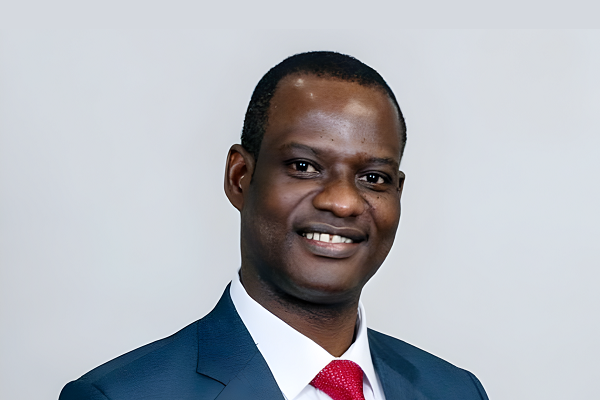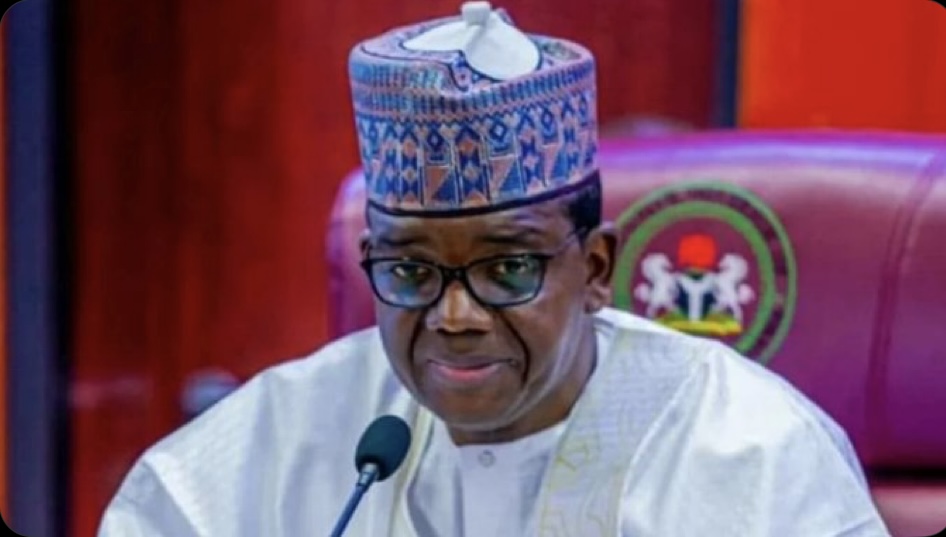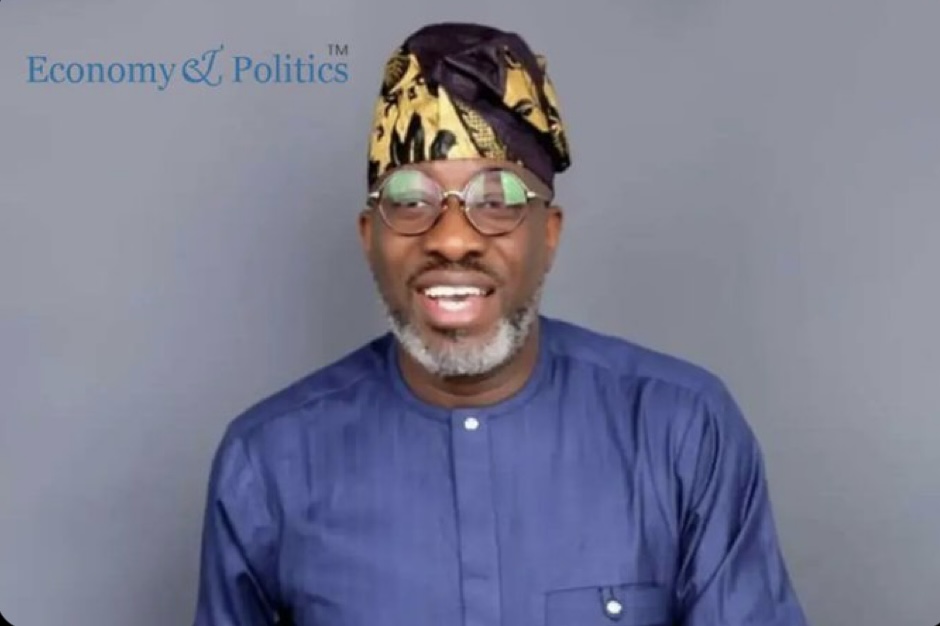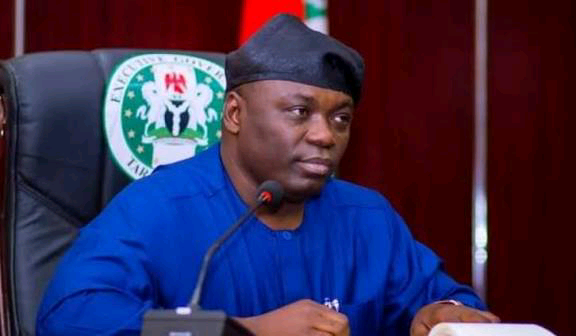98% of Nigerians for Tax Relief or Exemption by 2026, Confirms Oyedele

The head of Nigeria’s crucial fiscal reform initiative, Dr. Taiwo Oyedele, has delivered what many citizens are hailing as welcome news: an overwhelming 98% of the populace is projected to either be completely excused from paying income tax or benefit from substantial reductions to their existing rates starting January 2026.
Dr. Oyedele, Chairman of the Presidential Committee on Fiscal Policy and Tax Reforms, unveiled the committee’s forward-looking plans at a session during the Nigerian Economic Summit in Abuja, emphasizing that the upcoming tax structure is specifically engineered to alleviate the financial strain on the nation’s low- and middle-income segments.
The announcement drew immediate praise from attendees as Dr. Oyedele detailed the anticipated impact. He disclosed that approximately one-third (33%) of all employees across both the public and private sectors would see their Pay As You Earn (PAYE) deductions cease entirely.
Furthermore, individuals within the income bracket stretching from that 33% up to the 98% threshold are set to experience significantly lower tax payments. “The remaining two to two-and-a-half percent represent the high-income earners, the rich people we can identify,” he stated, cementing the progressive nature of the proposed changes.
The cornerstone of the committee’s decision, according to Oyedele, is the conviction that “you can’t tax people in poverty and expect to build a wealthy country.”
He confirmed that the reform effort utilized comprehensive data from the National Bureau of Statistics (NBS) to establish distinct, data-driven thresholds for classifying citizens as poor, middle-class, or wealthy.
Explaining the reform’s methodology, Dr. Oyedele outlined calculations based on a typical Nigerian household of five, supported by two income earners. The committee determined that a household needs a minimum combined monthly income of about ₦200,000 (equivalent to ₦100,000 per worker) to remain above the calculated poverty level.
“Under the old law, someone earning ₦30,000 was still paying tax. This reform changes that. It’s a significant improvement and a better deal for the poor,” the Chairman asserted.
The upcoming legislation is designed to fundamentally transform the tax environment into a more progressive one. This ensures that the bulk of the tax burden is shifted towards the nation’s most affluent individuals, while the vast majority of citizens will enjoy considerable relief or total exemption from income tax obligations.
The move is widely seen as a major step toward creating a more equitable and inclusive national financial landscape.









